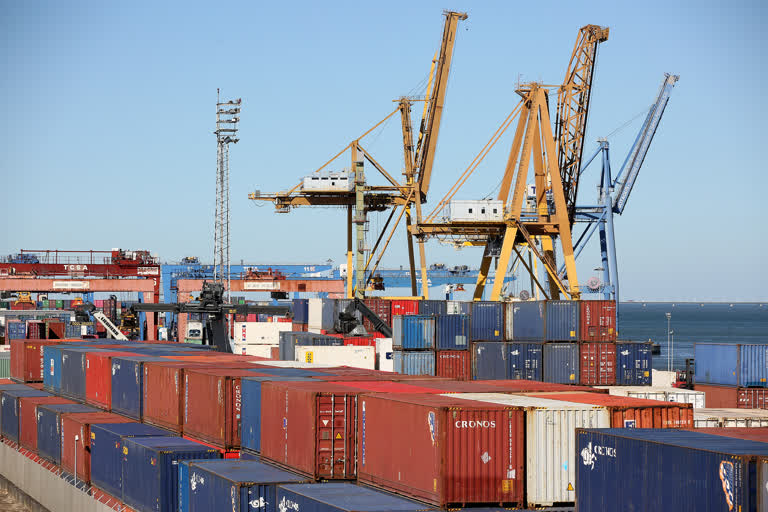Beijing: China's exports declined further in September, majorly due to the Asian giant's prolonged trade dispute with the US amid slowing global economic growth, official data revealed on Monday.
China's exports last month decreased 3.2 per cent from a year earlier, following August's 1 per cent drop, EFE news reported citing the General Administration of Customs (GAC) data.
A Wall Street Journal (WSJ) poll of economists had tipped a 3 per cent decline.
Imports slid 8.5 per cent on year in September, extending August's 5.6 per cent drop, the customs data showed.
The WSJ poll had forecast a decline of 6 per cent.
China's overall trade surplus stood at $39.65 billion in September, wider than August's $34.8 billion surplus and the $34.05 billion surplus that had been expected.
According to the GAC, the total trade volume for the first three quarters of 2019 grew 2.8 per cent year-on-year, reaching 22.91 trillion yuan ($3.2 trillion).
Exports grew by 5.2 per cent in the same nine-month period compared to the previous year, while imports shrank 0.1 per cent.
Between January and September this year, China's trade surplus was 2.05 trillion yuan ($290 billion), an increase of 44.2 per cent compared to the first three quarters of 2018.
Trade tensions between China and the US have eased a little following last week's high-level trade talks, with Washington shelving new tariffs against Beijing while leaving many demands to be worked out later, in return for an assurance of increased agriculture purchases by China.
Read more: Wholesale price-based inflation stood at 0.33% in September




